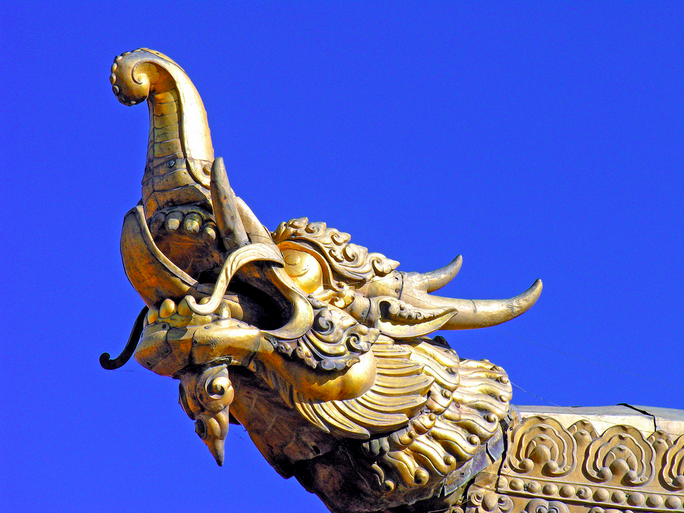This month China started the year of the pig. In the Asian tradition, this is an animal directly related to fortune because of its nobility and fertility. Will this lunar new year bring fortune to investors or succulent returns to the Chinese stock market?
In the opinion of Michael Bourke, manager of the M&G (Lux) Global Emerging Markets fund, after a difficult year for stocks in 2018, “investors expect the new lunar year to generate better prospects for the Chinese stock market. The new year may typically be a time for optimism, but there remains a great uncertainty about the outlook for China. The country’s trade dispute with the United States dominates the headlines and the fear that US tariffs on Chinese products will begin to have a negative impact on the world’s second largest economy are worrying investors. Recent economic data has been weak, factory activity and exports are slowing, and last year the economy grew at 6.4%, its slowest pace since 1990.”
Hernando Lacave, manager at DIF Broker has the same concern: “In the year of the pig we will continue to talk about deceleration in China, where growth for 2019 is expected to fall to 6%. However, this is still much better than the 2.5% expected for the United States or 1.6% of the EMU, so bad macro data should not blind us since China will continue to be the engine of growth of the world economy.”
Investment experts warn that the commercial war is beginning to weigh on China, and although the slowdown started years ago, there are signs that this war is not only affecting the foreign sector but increasingly its internal economy. “Given the size of China, it is logical that it should no longer be treated as an emerging economy and be required to play with the same intellectual property rules than the rest of developed countries. In addition to the positives that an agreement would bring, bad macro data could be the catalyst needed for the Chinese Central Bank to launch incentives to keep growth for a long time, and they have margin to do so,” clarifies Lacave.
For managers, the important thing is that China continues to reorient its economic model from one based on investment in fixed assets to one driven by the growth of consumption, especially in the services sector. This transformation is being led by private companies that aim to generate profits and tend to be less capital intensive, unlike what happened during the boom of fixed assets, when state banks granted huge amounts of credit to other state entities and Real estate developers financed by the State. At Newton, part of BNY Mellon, when investing, they prefer to avoid those sectors. “Now that fixed assets have less weight in the Chinese economy, it is very likely that GDP growth will suffer. However, the growth registered will be of higher quality. We can expect the GDP to grow more slowly during this period of rebalancing, a change that, in our opinion, should not be detrimental to the more consumer-oriented areas of the economy, since the employment component of GDP will increase. The latest measures by the Chinese authorities have been aimed at making the lending more flexible and at supporting the middle classes through tax cuts,” explains Rob Marshall-Lee, Head of Asian and Emerging Equity at Newton.
Finally, Neil Dwane, global strategist at Allianz Global Investors, notes that “China’s high levels of debt and slower growth are likely to last beyond the New Year celebrations, but we believe that the Chinese government has the right tools to solve them. With China’s economy set to become the world’s largest, we believe that investors should think of China as an asset class.”



 By Fórmate a Fondo
By Fórmate a Fondo